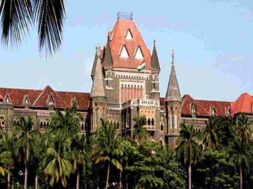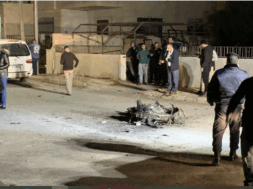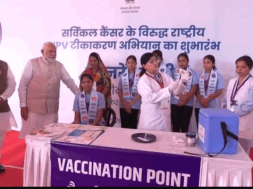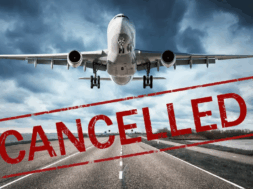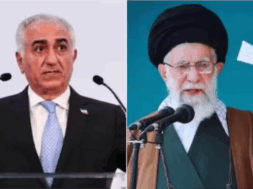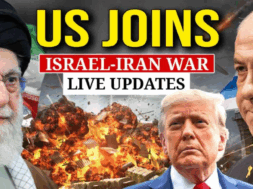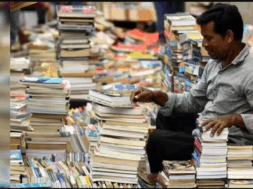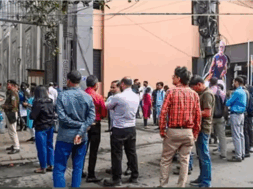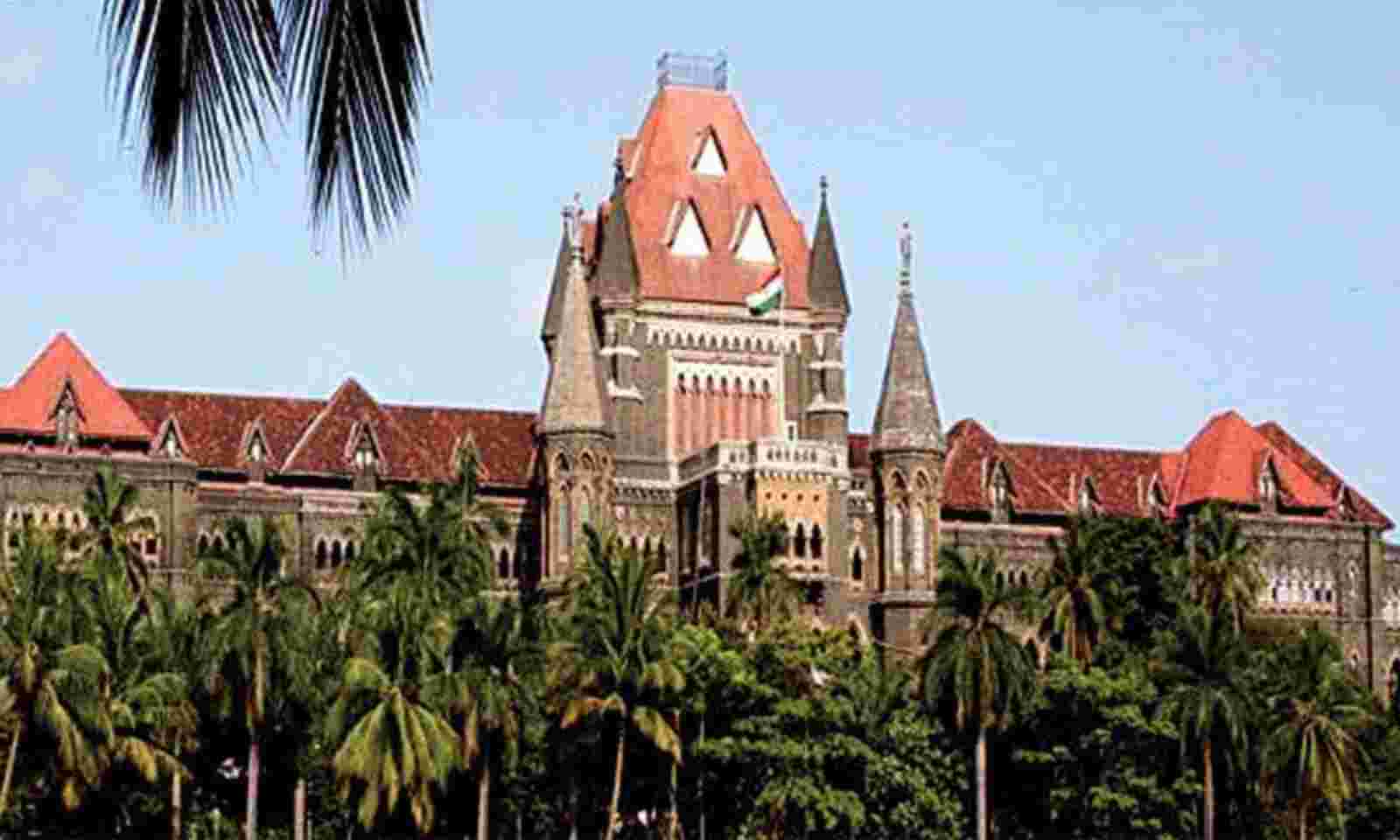
Manas Dasgupta
NEW DELHI, Nov 10: While Delhi has banned bursting of firecrackers in Diwali and the Supreme Court has suggested the measure could be considered in other places too, the Bombay High Court on Friday modified its earlier order and said firecrackers can be burst only between 8 pm and 10 pm during Diwali in view of the air pollution situation.
A division bench of Chief Justice DK Upadhyaya and Justice G S Kulkarni had on November 6 permitted the bursting of firecrackers for three hours, between 7 pm and 10 pm, within the limits of all municipal authorities in Maharashtra. During a hearing on Friday, the bench noted that Mumbai was witnessing a decline in the bursting of firecrackers and further reduced the time limit by one more hour.
“Let’s not become Delhi. Let’s remain Mumbaikars,” chief justice Upadhyaya said. The bench said there are some critical areas of the city where the air quality index (AQI) remains poor. “We are in an emergent and drastic situation. A lot of efforts have been taken, but maybe something more needs to be done,” the court said.
The bench said it was modifying its order of November 6. “The time to burst crackers shall be limited from 8 pm to 10 pm,” it said. Considering the prevalent situation, it does not deem it appropriate to modify another direction in its November 6 order which had banned the entry of vehicles transporting debris in the city but permitted vehicles carrying construction materials to ply if they were fully covered, the bench said.
“All other directions of the November 6 order shall continue to operate till November 19,” it said. After November 19, concerned municipal corporations shall decide whether vehicles carrying debris should be allowed after considering the AQI, the court said.
The source of pollution also needs to be ascertained, it said, while emphasising the need for a study by experts to understand the causes. “Is there any study as to what is the nature of this pollution…is it only dust or is there any chemical component in it? Because we are seeing many hospitals flooded with patients with respiratory illness,” the court said.
The court was hearing a bunch of petitions including one taken up by it suo motu concerning the rising air pollution in Mumbai. The court will hear the matter further on December 11.
During the hearing, it noted that the problem of air pollution would recur. “What needs to be done is a study by experts to go into causes and also measures to mitigate the pollution. We are not experts,” it said, adding that a constant monitoring mechanism was also needed.
While the ban on bursting of firecrackers remained, the Delhi government on Friday decided against implementing the odd-even traffic restrictions in the post-Diwali days after an overnight shower substantially cleared the smog bringing down the level of air pollution.
The decision was taken after the Supreme Court had left it to the city government to take a decision on the odd-even traffic restriction which the government had earlier decided to defer following the apex court expressing doubts if the measure had proved effective in the past. The government had earlier decided to implement the odd-even restrictions from November 13 to 19.
As the issue came up for hearing in the Supreme Court on Friday, it said God had positively responded to people’s prayer even as government schemes to quell air pollution on the basis of reports, theories, and commissions have made little change in the ground situation. “God may have provided some relief… must have heard our prayers in the morning… We are not looking at anything here but ground-level implementation,” Justice Sanjay Kishan Kaul, heading a three-judge Bench, observed.
The court had expressed some reservations about the efficacy of the odd-even restrictions. The court confronted the State’s stand that the Odd-Even scheme was not mere “optics” and that it has led to a 13% reduction in pollution.
“But not everybody will have two cars. Odd-Even does not apply to two-wheelers. So, according to your scheme, a person should have two cars, one numbered odd and other even, or a car and a two-wheeler. That’s your scheme. You do what you want,” Justice Kaul told the State government.
